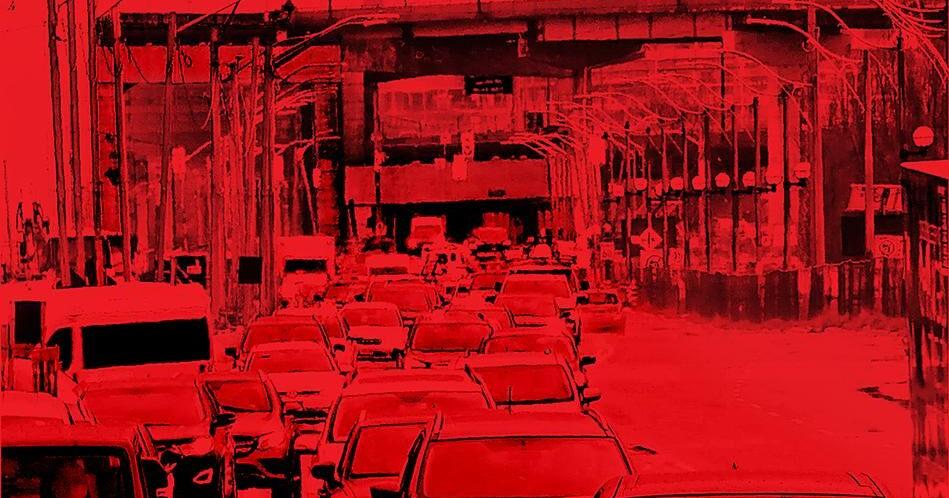sunk cost fallacy. There is no capital amount we could spend on reconstructing the Gardiner where it would cease to still be overwhelmingly positive to take it down. Reduce emissions, vehicle deaths, emergency response cost to crashes, thousands of new homes, millions in property tax, hundreds of millions (forever) in new economic activity. There is no debate, this has been proven worldwide, Toronto is just insufferably reactionary
Normally, sunk cost argument is not a fallacy but a valid consideration. It only becomes a fallacy if one can prove that continuation of the current plan is worse than switching to another plan. I don't believe that's the case here.
In details:
1. Proponents of the boulevard option maintain that the traffic counts in the affected section will be easily handled by the boulevard, with a minimal increase in the travel time. If so, then the boulevard option will
not cut the emissions or reduce vehicle deaths. Same traffic, just organized a bit differently.
2. No independent confirmation that the boulevard option is still cheaper than the current plan, given that's it will be full cost vs remaining cost. Plus the inevitable delay since the boulevard design needs to be completed, and we know that all construction costs rise as time passes.
3. More space for highrises = more revenue for the city, from development charges and then property taxes. That's true, but - what is the cost of building utilities for those additional highrises? Furthermore, are those additional highrises a net addition, or they simply would be built elsewhere in the city and still yield development charges and property taxes? Is available land the main bottleneck, or is it the number of people who can afford a condo?
My guess is that the reality is somewhere in between, i.e. some of the Lakeshore boulevard highrises will be a net addition, while some will be built here instead of somewhere else. The end result is that the city might not get as much additional revenue as the proponents hope for.
4. Finally, losing $400 million of the city's funds on the unfinished construction will substantially weaken the city's standing in any funding negotiations with the province and the feds. Say, the city needs $500 million for some transit project in the near future, and the Mayor goes asking for help from the other governments. And they respond: "But you have just wasted $400 million of your own funds on the highway you didn't even complete. If you don't need that highway, then you shouldn't have been spending any money there. Or if you are so rich that you can easily drop $400 million for nothing, then just rise your property tax rate and don't bug us for bailouts."
That consideration is political rather than technical, but it's real nonetheless.





